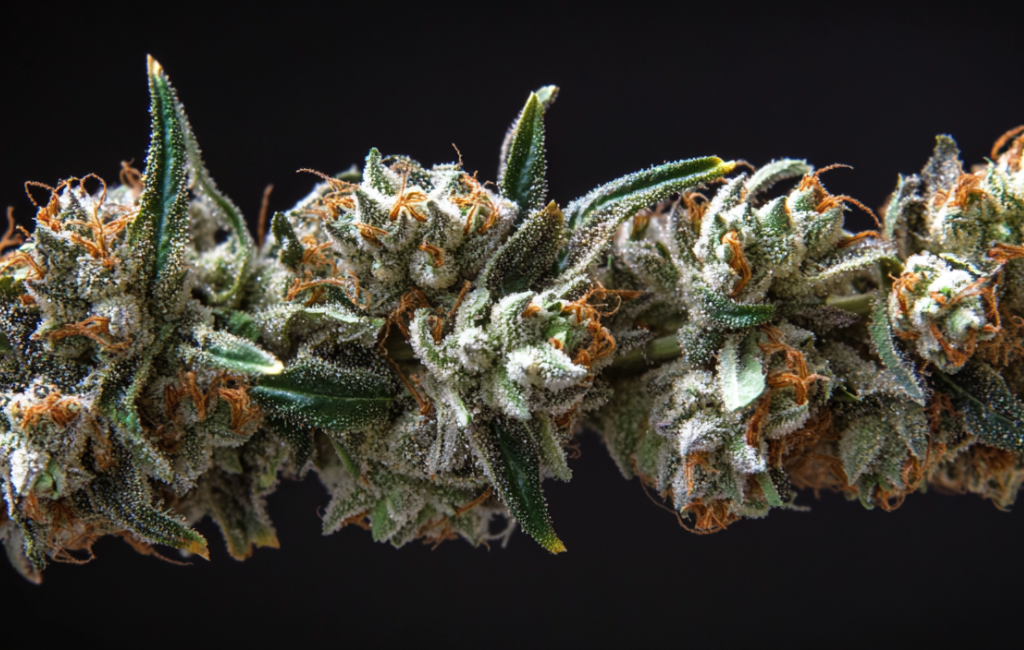THCa Flower: Wellness Choice
In recent years, the cannabis industry has seen a surge in interest surrounding THCa flower. This compound, a precursor to THC, offers unique benefits that are gaining attention among wellness enthusiasts. Understanding the properties and potential of THCa can help individuals make informed decisions about incorporating it into their wellness routines.
Understanding THCa
THCa, or tetrahydrocannabinolic acid, is a non-psychoactive cannabinoid found in raw cannabis plants. Unlike THC, THCa does not produce a high when consumed. This characteristic makes it an appealing option for those seeking the therapeutic benefits of cannabis without the psychoactive effects.
How THCa Works
THCa interacts with the body’s endocannabinoid system, which plays a role in regulating various physiological processes. By binding to receptors in this system, THCa can influence functions such as mood, appetite, and pain perception. This interaction is the basis for its potential therapeutic applications.
Potential Health Benefits
Research into THCa is still in its early stages, but preliminary findings suggest several potential health benefits:
- Anti-inflammatory Properties: THCa may help reduce inflammation, making it a potential option for managing conditions like arthritis and inflammatory bowel disease.
- Neuroprotective Effects: Some studies indicate that THCa could have neuroprotective properties, which might be beneficial for neurodegenerative diseases such as Alzheimer’s and Parkinson’s.
- Antiemetic Benefits: THCa has shown promise in reducing nausea and vomiting, which could be helpful for patients undergoing chemotherapy.
- Pain Relief: By interacting with pain receptors, THCa may offer relief for chronic pain conditions.
Consumption Methods
There are various ways to consume THCa, each offering different experiences and benefits:
Raw Consumption
Consuming raw cannabis leaves or flowers is one of the simplest ways to intake THCa. This method preserves the compound in its natural state, allowing users to benefit from its properties without any psychoactive effects.
Juicing
Juicing raw cannabis is another popular method. This approach not only provides THCa but also delivers a range of vitamins and nutrients found in the plant. Many wellness advocates incorporate cannabis juice into their daily routines for a nutritional boost.
Tinctures and Capsules
For those seeking convenience, THCa tinctures and capsules offer a straightforward way to consume the compound. These products are often standardized for dosage, making it easier to manage intake levels.
Case Studies and Research
Several case studies highlight the potential of THCa in wellness applications:
- A study published in the Journal of Neuroimmune Pharmacology explored THCa’s anti-inflammatory effects, finding significant reductions in inflammation markers in animal models.
- Research conducted by the University of California examined THCa’s neuroprotective properties, suggesting potential benefits for patients with neurodegenerative conditions.
- A patient case study reported in Frontiers in Pharmacology detailed the use of THCa for managing chemotherapy-induced nausea, with positive outcomes.
Legal Considerations
The legal status of THCa varies by region. In some areas, it is classified similarly to THC, while in others, it is considered a separate compound with different regulations. Individuals interested in THCa should research local laws to understand its legal standing in their area.
Conclusion
THCa flower presents a promising option for those seeking the therapeutic benefits of cannabis without psychoactive effects. With potential applications in inflammation reduction, neuroprotection, and pain relief, it offers a versatile addition to wellness routines. As research continues to unfold, THCa may become an increasingly popular choice for individuals looking to enhance their health and well-being.
